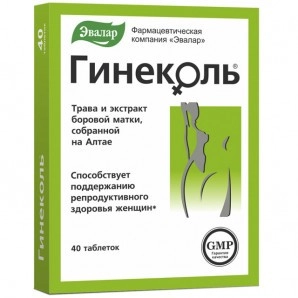-
OTC
- Allergy
- Antiparasitic Agents
- Painkillers and Antispasmodics
- Venotonics
- Dermatological Agents
- Gastrointestinal Tract
- Immunomodulators
- Infectious and Inflammatory
- Weight Control, Weight Loss
- Neurological Agents
- Ophthalmic Preparations
- Cardiovascular Diseases
- Sleep Aids
- Cold and Flu Remedies
- Thyroid Disorders
- Diabetes Treatments
- Urological Agents
- Sedatives
- Ear Drops
- Vitamins and Minerals
- Men's Health
- Women's Health
- Laxatives
- Liver Disease Treatments
- Hemorrhoid Treatments
- Nasal Drops and Sprays
- Antiseptic
- Bruises and Contusions
- Antifungal Agents
- Blood Pressure Medications
- Joint Pain
- Oils
- Dry Herbs & Berries
- Ointments
- Herbal Teas
- Tinctures
- Syrups
- Beauty
This information is for general purposes only and should not be considered as medical advice. Always consult with a qualified healthcare professional for any medical concerns or questions you may have.
L-thyroxine Tablets: Managing Thyroid Disorders Effectively
L-thyroxine tablets, also known as levothyroxine, are a common medication prescribed to manage thyroid disorders. These tablets contain synthetic thyroid hormones that help regulate the body's metabolism and energy production.
Composition and Function
L-thyroxine tablets consist of the active ingredient levothyroxine sodium, which is a synthetic form of the thyroid hormone thyroxine (T4). The primary function of these tablets is to:
- Thyroid Hormone Replacement: L-thyroxine is used to replace or supplement the body's natural thyroid hormones in cases of hypothyroidism (underactive thyroid).
- Metabolism Regulation: It helps regulate metabolism, energy production, and various body functions.
Indications and Usage
L-thyroxine tablets are prescribed for various thyroid-related conditions, including:
- Hypothyroidism: This is the most common use, where the tablets replace the insufficient thyroid hormone production.
- Goiter: L-thyroxine may be used to manage an enlarged thyroid gland (goiter).
- Thyroid Cancer: In some cases, it's part of post-surgical treatment for thyroid cancer.
Dosage and Precautions
When using L-thyroxine tablets:
- Dosage: The dosage is highly individualized and depends on the patient's specific condition and response to treatment. It's crucial to follow the prescribed dosage precisely.
- Consistency: Take the tablet at the same time each day, preferably in the morning before breakfast, to ensure consistent absorption.
- Precautions: Inform your healthcare provider about any other medications or supplements you are taking, as they can interact with L-thyroxine. Also, report any unusual symptoms or side effects promptly.
Conclusion
L-thyroxine tablets play a vital role in managing thyroid disorders and ensuring proper thyroid hormone levels in the body. However, their use requires careful monitoring by a healthcare professional to achieve optimal results while minimizing side effects.
Note: This article is for informational purposes only and should not replace professional medical advice.
Additional Information
| SKU | st-1124 |
|---|---|
| Brand | No |
| Size | No |
| Manufacturer | No |
- Be the first to review this product
Write Your Own Review
Products on sale
Regular Price: $23.99
Special Price $18.99
Regular Price: $4.99
Special Price $2.99
Regular Price: $14.99
Special Price $11.99
Regular Price: $51.99
Special Price $34.99
Regular Price: $7.99
Special Price $5.99
Regular Price: $38.99
Special Price $29.99
Regular Price: $21.99
Special Price $17.99
Regular Price: $12.99
Special Price $8.99
Regular Price: $26.59
Special Price $18.99
Also Purchased




















